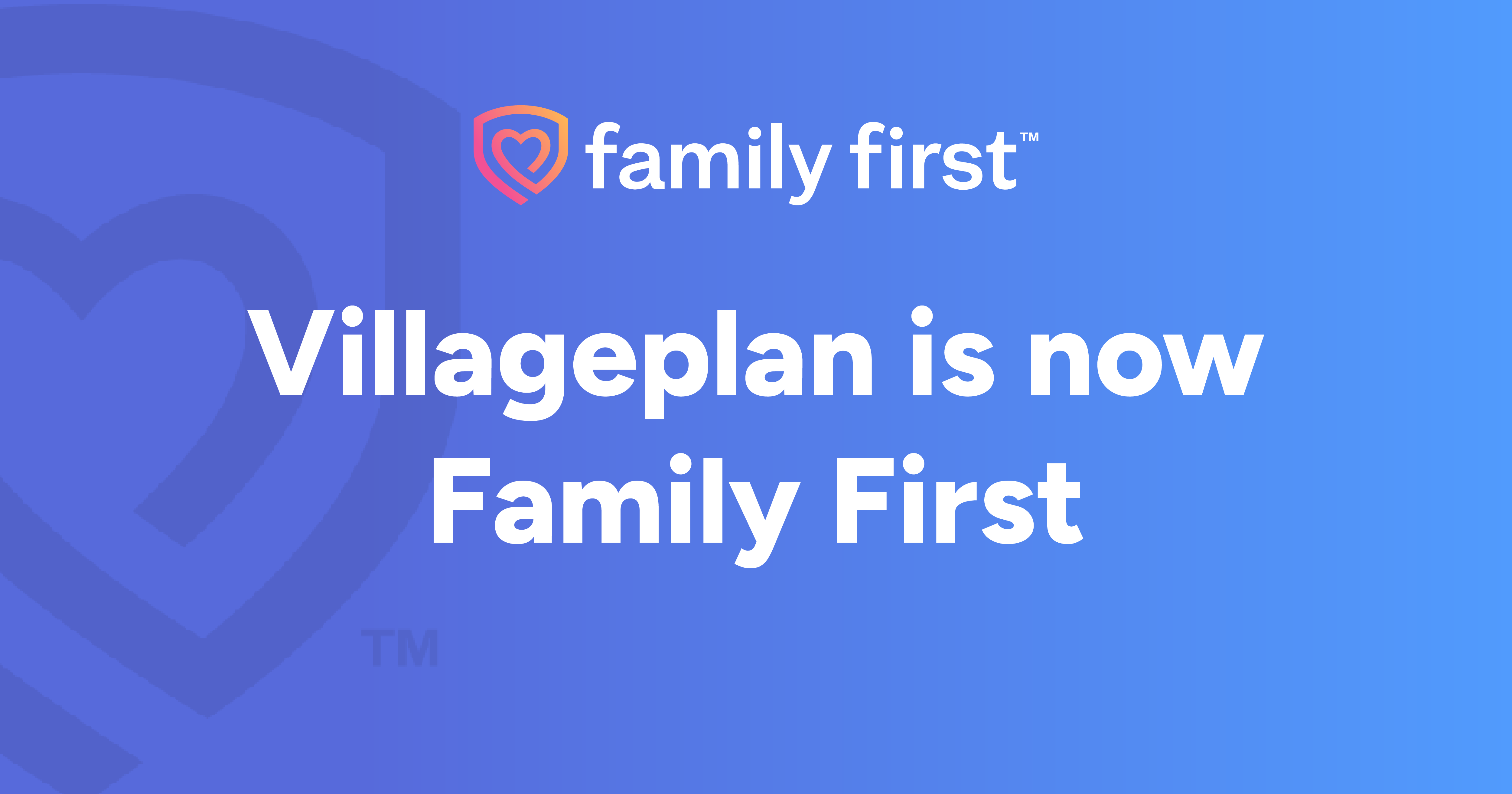Jun 02, 2023
Adult children are often uncomfortable talking to their parents about aging issues or concerns they have about their parent’s safety and well-being. Since June is the month we celebrate Father’s Day, focusing on some ideas to help improve communication with an elderly father is fitting.
Time and timing: One of the greatest challenges adult children face in their dealings with the elderly is to slow down and find the time to be fully present. It’s a mistake to discuss important issues on the fly, when you’re rushed and preoccupied. If you need to talk about something crucial with your elderly parent, make a conscious effort to put your personal agenda aside — along with your cell phone. And remember, such issues will take time to resolve — and probably require more than one discussion.
Listening: Be sure to pay attention to your father’s ideas and to fears he may be expressing indirectly. Even if you’ve already made up your mind that your father should go into an assisted living facility, you should really listen to what he’s saying and be open to other options. If it’s too soon after your mother’s death, could the move be put off for a few months? Could you hire someone to come in and help him for a few hours each day, or could adjustments in the house help make it safer and more accessible?
Being respectful: When you tell your father what you think he should do, do so respectfully. Try to avoid a bossy or dismissive tone. If your father becomes angry, drop the subject and return to it another day. If he continues to disagree with you, don’t force the issue. As long as your father is a fully functioning adult, you can’t force him to follow your advice — no matter how “right” you think it is.
Participating in your father’s legacy project: You can help your father create his legacy by asking questions and affirming the values he expresses. You can help him record his memories by creating a photo album or by interviewing him for an oral history. Your interest and involvement will not only make the process more meaningful, it will make this life transition less lonely and frightening.
Listening: Be sure to pay attention to your father’s ideas and to fears he may be expressing indirectly. Even if you’ve already made up your mind that your father should go into an assisted living facility, you should really listen to what he’s saying and be open to other options. If it’s too soon after your mother’s death, could the move be put off for a few months? Could you hire someone to come in and help him for a few hours each day, or could adjustments in the house help make it safer and more accessible?
Being respectful: When you tell your father what you think he should do, do so respectfully. Try to avoid a bossy or dismissive tone. If your father becomes angry, drop the subject and return to it another day. If he continues to disagree with you, don’t force the issue. As long as your father is a fully functioning adult, you can’t force him to follow your advice — no matter how “right” you think it is.
Participating in your father’s legacy project: You can help your father create his legacy by asking questions and affirming the values he expresses. You can help him record his memories by creating a photo album or by interviewing him for an oral history. Your interest and involvement will not only make the process more meaningful, it will make this life transition less lonely and frightening.
Trying to see things from your father’s perspective will help the conversation go more smoothly. If things get tough, you may want to have a Geriatric Care Manager participate in the discussions as a neutral, expert third party.



